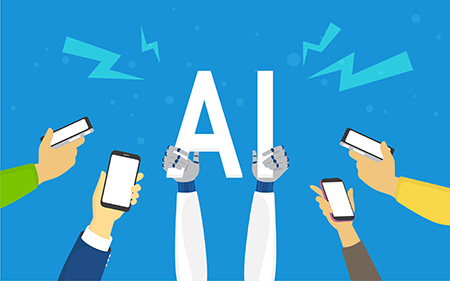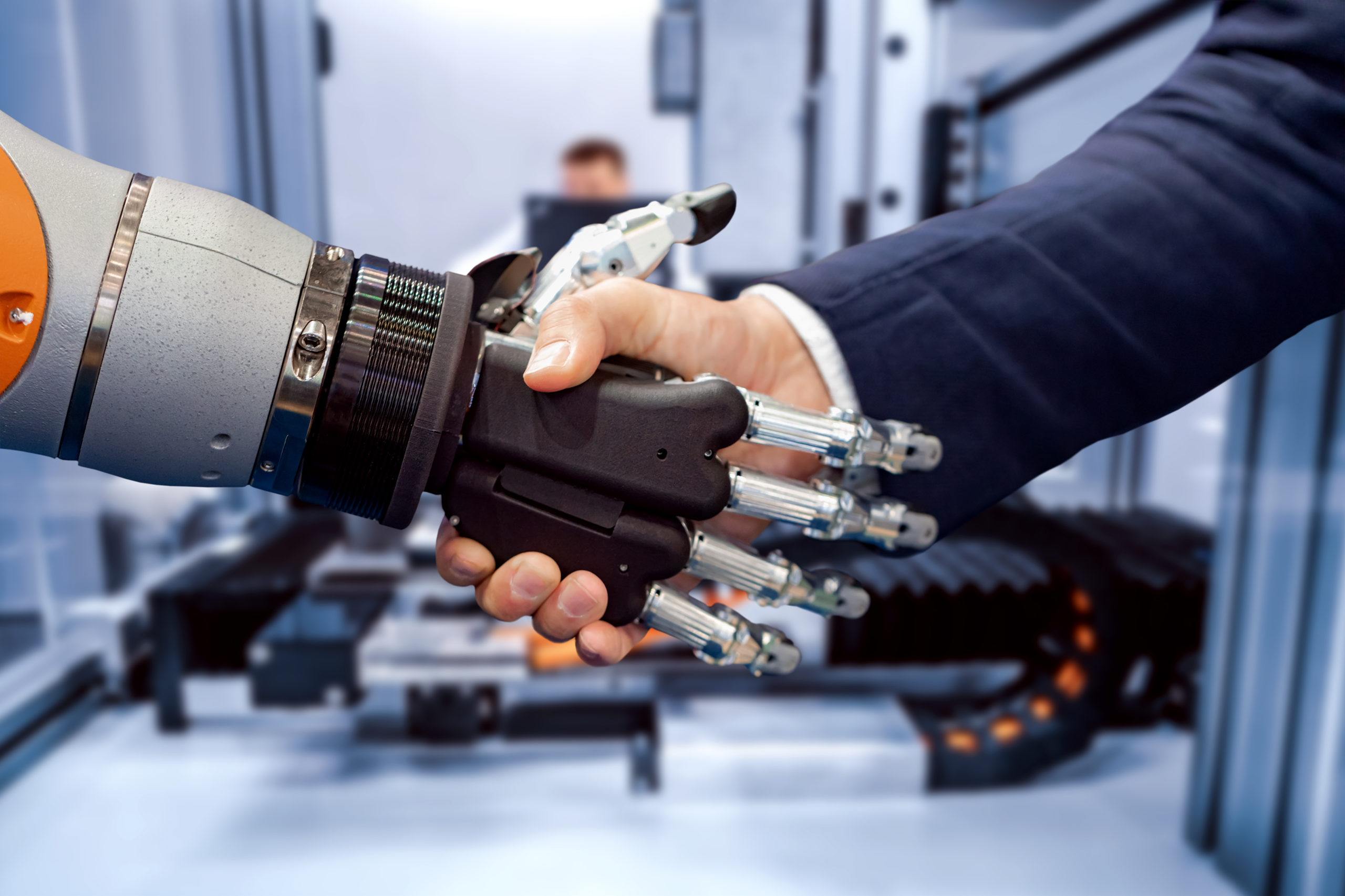POSTED BY John Cronin AT 1:32 P.M. Sep 14, 2018
There is no question that large artificial intelligence (AI) solutions to solve the numerous efficiency and quality needs in the intellectual property (IP)/intellectual asset management (IAM) space will fail. This has been seen with companies that have tried to bring in a generalized AI engine to solve a specific need. The reason for this is clear now, and becoming clearer every day. AI is coming into our IP/IAM space as an application (app) store type business model.
Large AI engines, for instance, IBM’s Watson, do not perform better when competing with a specialist, smaller AI. The USPTO recently tested Watson and a smaller firm’s specialist AI for prior art searching. The smaller firm won. How can that be? Think about how long Watson was trained to win Jeopardy or GO. Why did it take so long? The AI engines need to be tuned into the correct corpuses of data, not generalized data. And special algorithms need to be written to handle the many special cases and special needs for results. A generalized Watson solution modified for prior art searching couldn’t win against a tuned AI engine that was trained specifically over years to be specific to the task of prior art searching. Even a specially-tuned AI engine for prior art may need to be further tuned for individual technologies (e.g. plant patents)!

Why an app store? Look, for example, at a potential app: an AI engine for IP documentation. Almost all companies have the same basic invention documentation forms, but most companies have (1) a different level of enablement (e.g.a 1-page document vs. a 10-page document with lots of prior art) and (2) a different type of enablers (patent engineers vs. seasoned inventors vs. first-time inventors). An AI engine would need to be tuned for the level of enablement and the type of enabler! But this is just the first issue. Some companies don’t want inventors to look at prior art, other companies want a deep understanding of prior art. Some companies want an understanding of the novelty, some companies want to leave that to the patent attorneys. Some companies want the inventions documented with data and analysis, some companies don’t care about data and analysis and allow “paper patents” that have just enough data and analysis to obtain claims. Crossing all these multiple needs, invention documentation AI engines will have to be customized for the specific needs of the companies. There may of course be some similarities and basics in all AI invention documentation engines, but the customization to the companies’ needs and processes will be more easily received than trying to get a company to adopt a generalized AI engine.
When the first iPhone was released in 2007, there were only 400 apps in the app store! A user could look at all of them in one weekend. Of course, this can no longer be done. Why are there 2 million apps in IOS and 3.8 million apps in Android today? Why are there hundreds of weight loss apps? It’s because of the customization required for the needs of the customers. Large AI engines simply cannot compete with specialized, customized apps.
So, if a company is on the hunt for AI tools in the IP/IAM space, it should think about it as an app store. Otherwise, what could be a great opportunity to start on the AI Journey will be nothing but frustrating.

